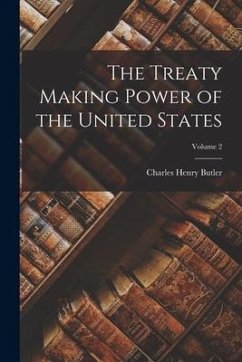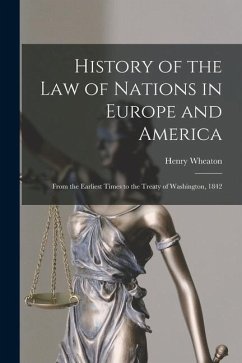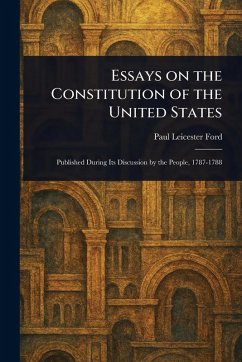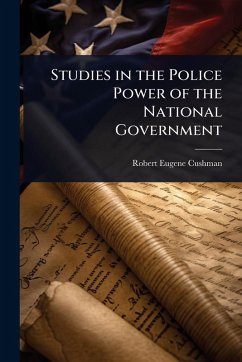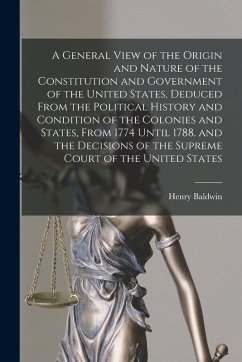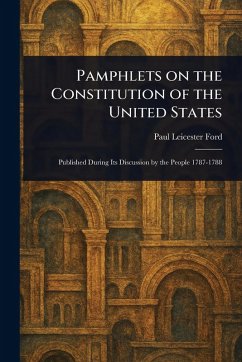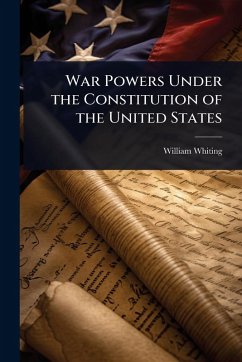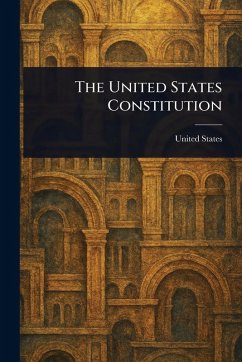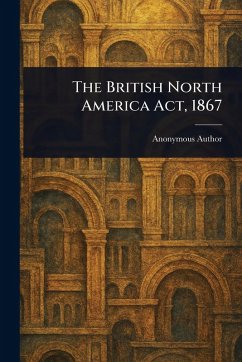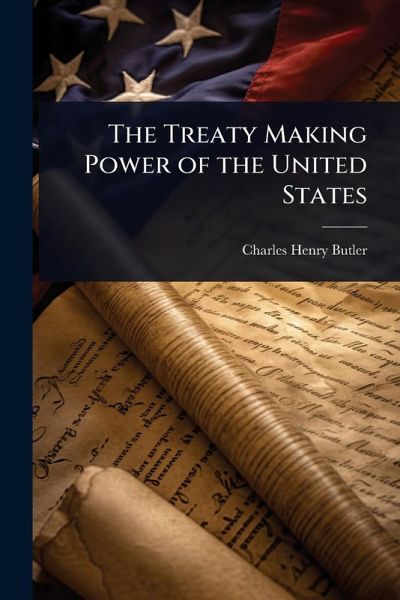
The Treaty Making Power of the United States
Versandkostenfrei!
Versandfertig in über 4 Wochen
29,99 €
inkl. MwSt.
Weitere Ausgaben:

PAYBACK Punkte
15 °P sammeln!
The Treaty Making Power of the United States, by Charles Henry Butler, offers a comprehensive examination of the constitutional framework governing the United States' ability to enter into treaties and international agreements. Published in 1902, this work delves into the historical context, legal precedents, and practical implications of the treaty-making power as defined by the U.S. Constitution. Butler meticulously analyzes the roles of the President and the Senate in the treaty process, exploring landmark cases and debates that have shaped the interpretation of this crucial aspect of Ameri...
The Treaty Making Power of the United States, by Charles Henry Butler, offers a comprehensive examination of the constitutional framework governing the United States' ability to enter into treaties and international agreements. Published in 1902, this work delves into the historical context, legal precedents, and practical implications of the treaty-making power as defined by the U.S. Constitution. Butler meticulously analyzes the roles of the President and the Senate in the treaty process, exploring landmark cases and debates that have shaped the interpretation of this crucial aspect of American governance. This book remains a valuable resource for legal scholars, historians, and anyone interested in understanding the foundations of U.S. foreign policy and international law. This work has been selected by scholars as being culturally important, and is part of the knowledge base of civilization as we know it. This work was reproduced from the original artifact, and remains as true to the original work as possible. Therefore, you will see the original copyright references, library stamps (as most of these works have been housed in our most important libraries around the world), and other notations in the work. This work is in the public domain in the United States of America, and possibly other nations. Within the United States, you may freely copy and distribute this work, as no entity (individual or corporate) has a copyright on the body of the work. As a reproduction of a historical artifact, this work may contain missing or blurred pages, poor pictures, errant marks, etc. Scholars believe, and we concur, that this work is important enough to be preserved, reproduced, and made generally available to the public. We appreciate your support of the preservation process, and thank you for being an important part of keeping this knowledge alive and relevant.




